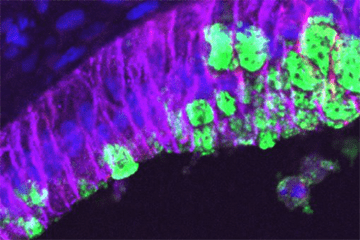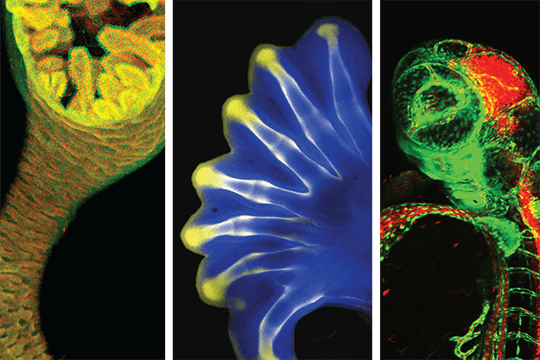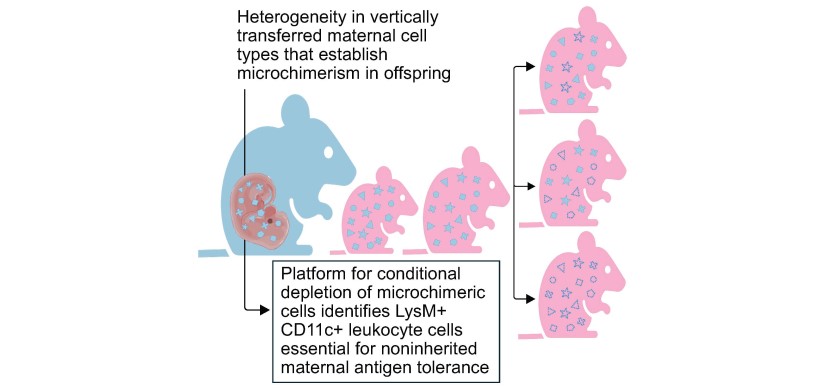Advancing the Understanding of Development and Disease from the Earliest Stages of Life
Cincinnati Children’s is a leader in uncovering how early-life biology shapes lifelong health. Through interdisciplinary research across a wide range of divisions, centers, and labs, our scientists are advancing understanding of how prenatal and early postnatal development influences susceptibility to disease.
In addition to congenital anomalies, several adult diseases have a developmental origin. Accordingly, scientists across many Cincinnati Children's Divisions study the developmental basis of disease. This highly collaborative research network is organized into organ system focus groups including gastrointestinal, pulmonary, cardiovascular, nervous system, eye, craniofacial and kidney, integrating both basic and clinical researchers from multiple divisions.
Our teams study the molecular, cellular, and environmental factors that contribute to disease onset and progression across the lifespan. By examining critical windows in development and leveraging tools like single-cell analysis, organoid modeling, and machine learning, our teams are generating insights that inform both early diagnosis and new therapeutic approaches.
Cincinnati Children’s is one of a select group of nationally recognized pediatric hospitals with integrated clinical and research enterprises focused on conditions affecting individuals from early development through puberty. With a robust patient population, strong basic science research, and service-oriented cores offering state-of-the-art technologies, our institution is well-positioned to advance the understanding of disease origins and rapidly translate findings into clinical benefit.
What unites this diverse body of work is a shared focus on origin: understanding when and how disease processes begin, and how that knowledge can be used to intervene earlier, more precisely, and with greater impact. The research featured here reflects our commitment to advancing developmental biology, systems medicine, and translational science to help shape a healthier future by studying the earliest stages of life.



















